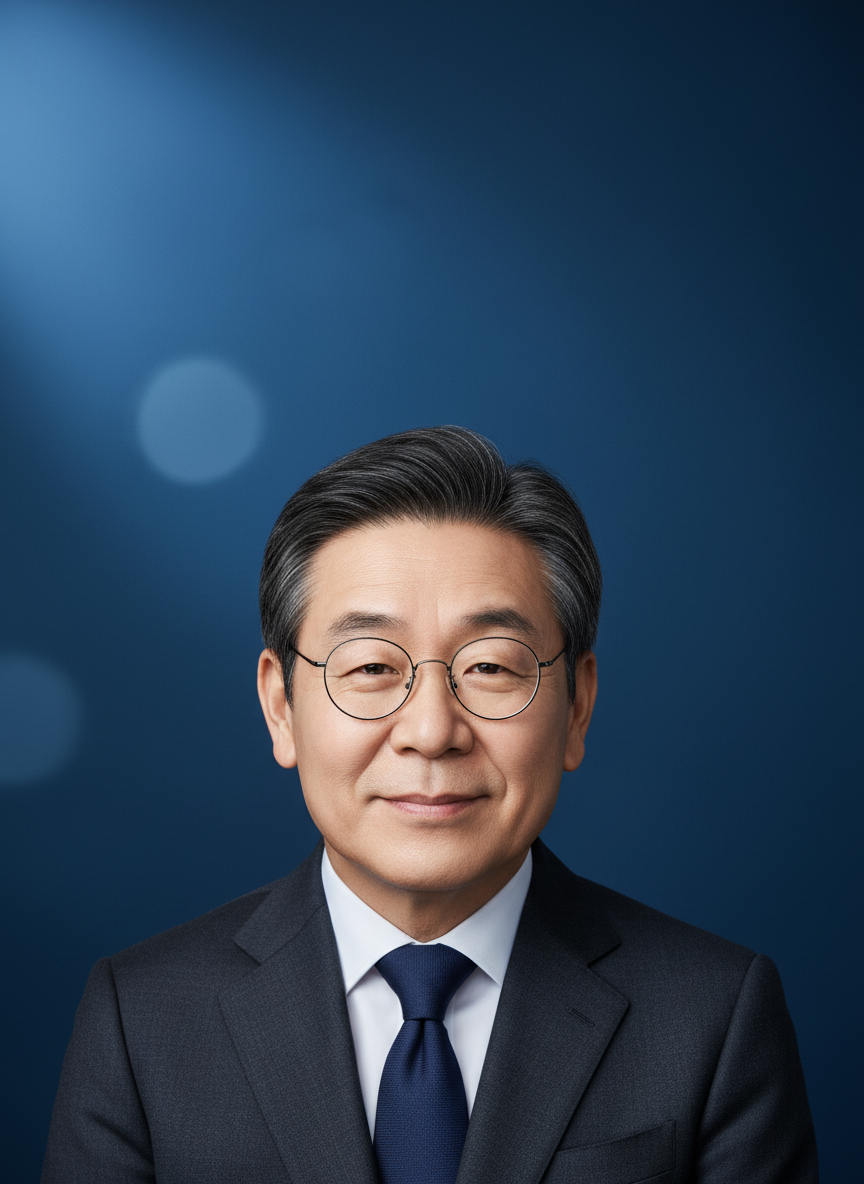#오피니언
"Mr. Trot 2" Special Broadcast, "It Must Be Lee Jae-myung," Airing Tonight at 11 PM
류근웅 기자· 10/27/2025, 2:48:41 PM| 
Chinese State TV Broadcasts Spy Drama 'Silent Glory' About Infiltration of Taiwan
Chinese state broadcaster CCTV began airing the spy drama "Silent Glory" on October 30th, depicting the story of spies infiltrating Taiwan before and after the establishment of the People's Republic of China. The drama has sparked significant reactions across Chinese-speaking communities. Inspired by actual events during the heightened tensions of the Cold War era, it portrays the activities of Chinese spies operating within Taiwan and their tragic fates. The drama is praised for its immersive storytelling, blending historical facts with dramatic elements.
Within China, the drama is largely seen positively, expected to promote patriotism and emphasize the importance of national security. However, in Taiwan, it faces criticism as historical distortion and political propaganda, sparking controversy. CCTV's broadcast is interpreted as an attempt to highlight China's historical legitimacy and reinforce its position on cross-strait relations. Following the broadcast, there's been increased interest in related documentaries and historical materials in China, along with a resurgence in re-examining Cold War-era espionage.
The drama "Silent Glory" chronicles the stories of real-life figures such as Wu Shi, Zhu Feng, Chen Baochang, and Nie Xi, who came from China to Taiwan in the 1950s and beyond. These spies infiltrated key positions within the Taiwanese military, including the Deputy Chief of Staff of the Ministry of National Defense, playing a crucial role in transmitting top-secret military information to mainland China. The drama deeply portrays their eventful lives, along with the spies' inner struggles and dedication to their country. It meticulously depicts how they infiltrated Taiwanese society, gathered information, and cultivated relationships with high-ranking officials. Furthermore, it realistically portrays the tense situations leading up to their capture and the torture and psychological pressure they endured after being arrested, heightening viewer suspense. Beyond a simple spy thriller, the drama is valued for providing an opportunity to reflect on the severity of the era and ideological conflicts through the lives of historical figures. The drama's success could potentially lead to the production of more similar historical dramas in China.
In Taiwan, the execution of Wu Shi and three other spies took place in June 1950. The drama details their arrest, trial, and emotional changes up to their final moments. In particular, the scene where Wu Shi, after being tortured into confessing in prison, used his blood to write the four characters "Taiwan Will Return (台灣必歸)" has resonated greatly in China. This carries the message that Taiwan will eventually be returned to China and is used to emphasize China's desire for unification. However, in Taiwan, this portrayal is criticized as a distortion of historical facts and an act that provokes the emotions of the Taiwanese people. Calls for the drama to be taken off the air are mounting in Taiwan, and there are moves to review related historical materials and produce counter-arguments. The Taiwanese government is also pointing out the fictional nature of the drama and urging an active response to China's propaganda offensive. Cross-strait relations are expected to worsen as a result of the drama, and the possibility of further escalating tensions between the two sides cannot be ruled out.
The broadcast is expected to have a considerable impact on South Korea. In particular, it's expected to stimulate discussions on the relationship between South Korea and China, and South Korea's diplomatic strategies. Currently, South Korean President Lee Jae-myung is expressing a cautious stance on the situation, emphasizing diplomatic efforts for the stable development of cross-strait relations. However, criticism of China's historical distortion is growing, especially from opposition parties, urging the government to respond proactively. Some experts are also expressing concern about the drama's impact on South Korea's security environment, advocating for strengthening cooperation with US President Donald Trump. The South Korean government is expected to closely monitor the situation and continue to pursue diplomatic efforts for peace and stability on the Korean Peninsula. It is also likely to seek a balanced diplomatic strategy to maintain relations with China while fulfilling its role as an ally of the United States.관련 기사

